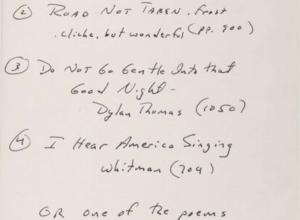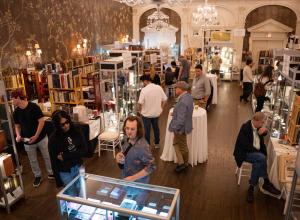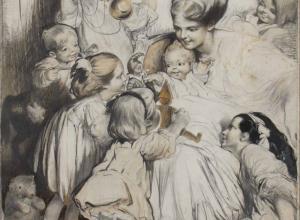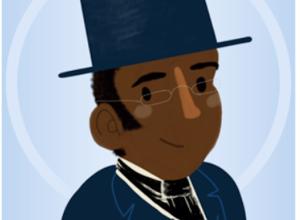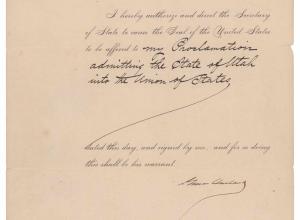Scottish Voters Reject Independence - How Robert Burns Would Handle It
On Thursday, in dramatic fashion, Scots turned out in record numbers to vote on a referendum to decide whether or not Scotland should remain part of the UK or become an independent country, an historic occasion that carries not just political and economic repercussions, but social ones as well. Perhaps battered bonds might begin to mend over a few tumblers of Scotch whiskey and a rousing rendition of 'Auld Lang Syne,' penned in 1788 by Scotland's own Robert Burns as a testament to brotherhood and long-lasting friendship.
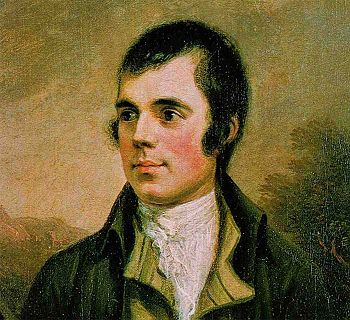
English: Robert Burns Source: Image:Robert burns.jpg Replacement of existing commons image with higher res version (Photo credit: Wikipedia)
The poem was not set to music during Burns' short yet prolific lifetime, though the rhythm suggests he was influenced by traditional Scottish folk songs sung in the Lowlands where he lived, wrote, and ultimately died at the age of thirty-seven. (Contrary to popular belief, Burns did not die of venereal disease or alcoholism, but rather succumbed to endocarditis, caused by a particularly harsh case of rheumatism he caught during childhood.)
Usually warbled by new year's revelers clutching a champagne glass in one hand, 'Auld Lang Syne' is often mistaken for a song of loss and parting. While Burns touches on those melancholic elements, it is in fact about reunion. While Scots language is difficult to decipher, and many singers have little idea what exactly they're saying, it reminds singers that old friends are the ones that last. Here's the verse, sung in large groups with participants interlocking arms in a long, daisy-chain of uninterrupted embrace:
And there's a hand, my trusty fere!
And gie's a hand o' thine!
And we'll tak a right gude-willie waught,
For auld lang syne
The last two lines implore old pals to take a hearty drink in the name of good will and the good old days, So, here's to another lively chapter in the long history of Scotland and England. If that fails, maybe reading Burns' 'Oh My Love is Like a Red, Red Rose' would soothe raw wounds too.





